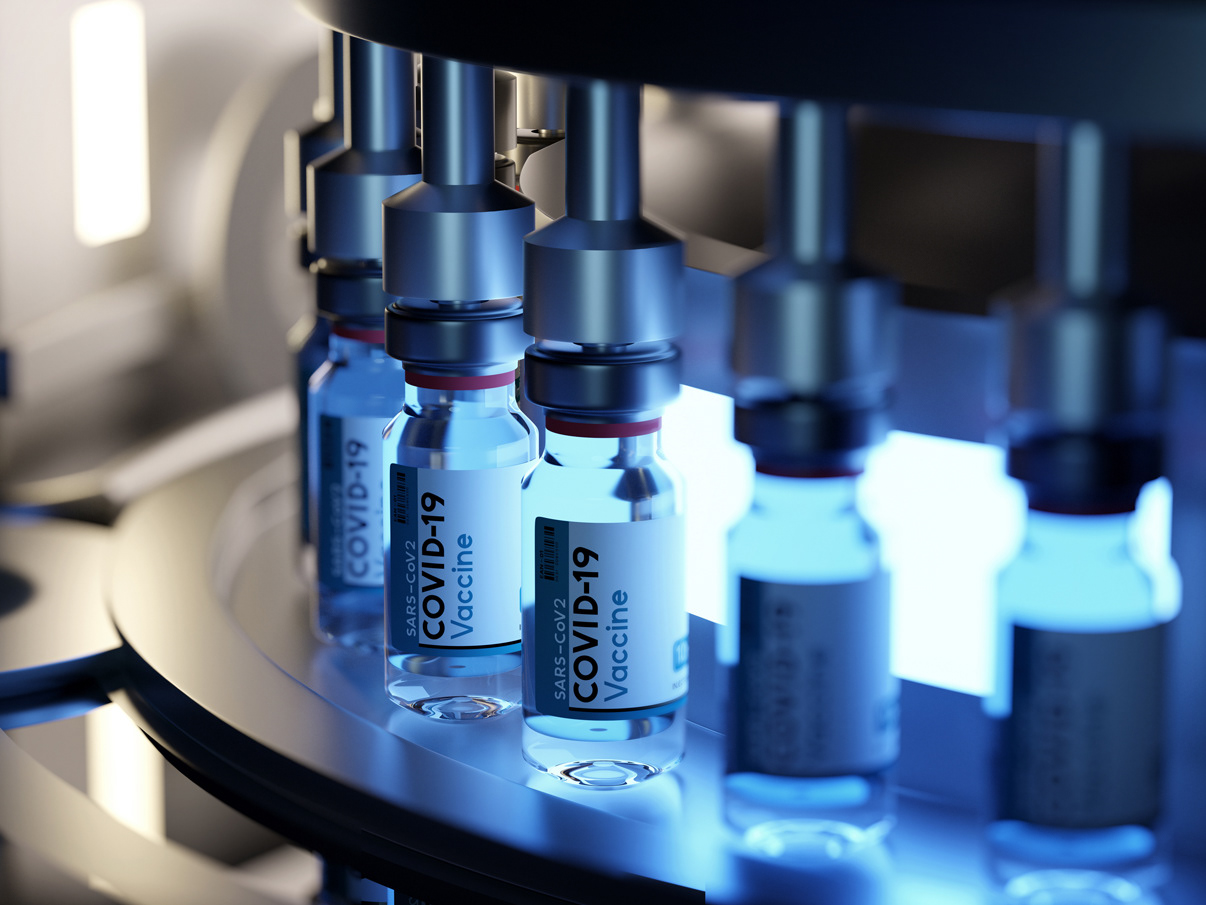In rural Ghana, over 80% of village level clinics don’t have access to diagnostic lab equipment (only available at national level hospitals), with the doctor to patient ratio sitting at 1:15,000. Consequently, over 50% of asthma and pneumonia cases, 70% of COPD cases, and 41% of tuberculosis cases are either under-diagnosed or misdiagnosed.
My teammate, Emma Gui, and I are exploring the use of deep learning in AI to classify voluntary cough sounds from the three most common respiratory diseases in rural Ghana: asthma, pneumonia, and pulmonary tuberculosis. This presents a smartphone-based, low-cost, and rapid decision support tool which healthcare workers of limited experience may use to screen patients in high-volume clinics.
We previously built a successful prototype (~75% accuracy) that could distinguish between COPD, asthma, COVID-19, and healthy subjects through forced cough recordings. The project is in collaboration with MIT’s Mobile Tech Lab and we will be working with the OKB Hope Foundation based in Ghana to collect tuberculosis, asthma, and pneumonia cough data to build another algorithm that we will aim to deploy at their clinics.

